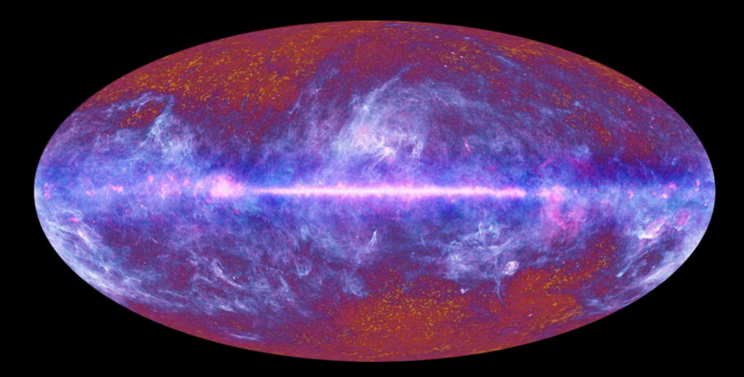Albert Einstein ‘might have been wrong about the speed of light’
Albert Einstein’s theory of relativity is built on the idea that the speed of light is a constant – and always remains the same.
The speed of light has been used to measure the age of the universe – and to ‘see’ into the moments after the Big Bang.
But what if Einstein was wrong?
A group of researchers believe that the speed of light may not always have been the same – and think they have a way to prove it.
Professor João Magueijo, from Imperial College London first proposed the idea in the Nineties – suggesting that as the universe expanded, light moved faster.

MORE: Britain ‘faces coldest night in 25 YEARS’ as bookies slash odds of White Christmas
MORE: Noisy eaters and moaners: The most annoying office colleagues revealed
He now believes that the theory could be proved using observations of cosmic microwave background (the remnants of the Big Bang).
‘The theory, which we first proposed in the late-1990s, has now reached a maturity point – it has produced a testable prediction,’ said Professor Magueijo.
‘If observations in the near future do find this number to be accurate, it could lead to a modification of Einstein’s theory of gravity.
‘The idea that the speed of light could be variable was radical when first proposed, but with a numerical prediction, it becomes something physicists can actually test.
‘If true, it would mean that the laws of nature were not always the same as they are today.’



